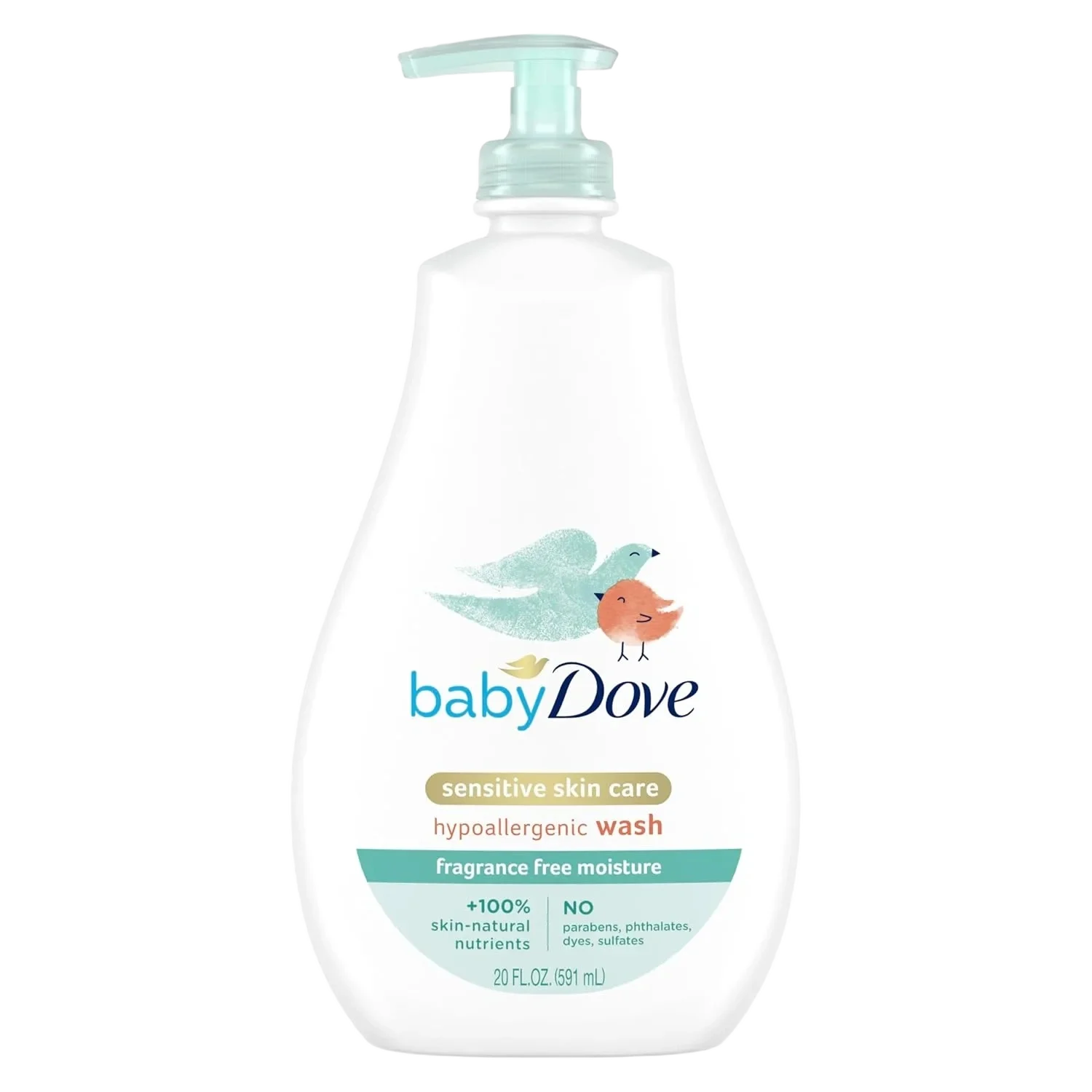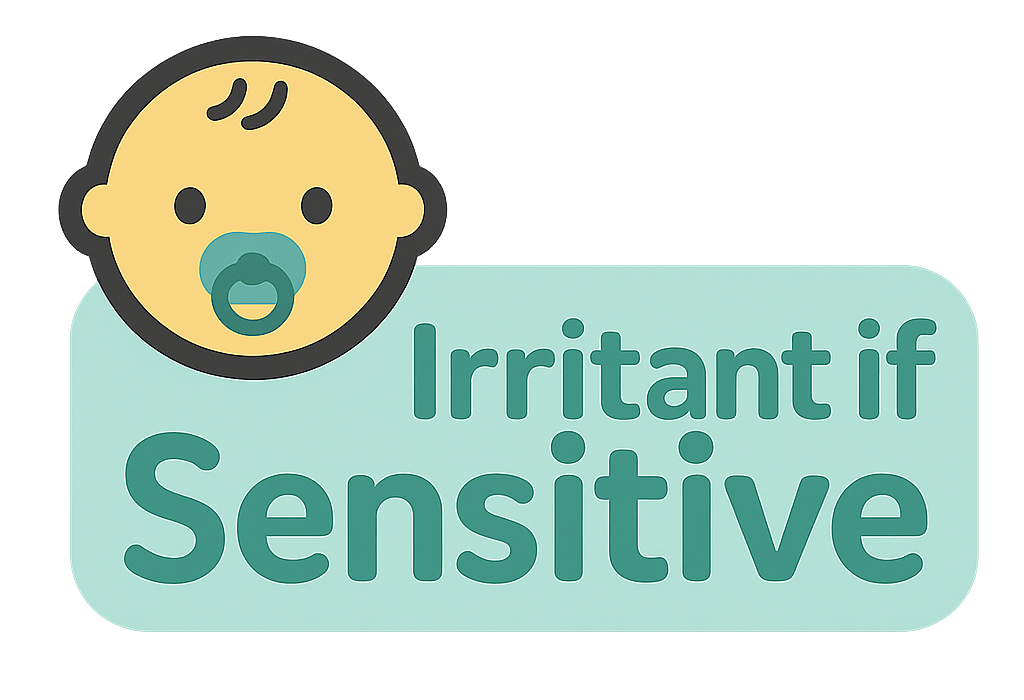babyDove sensitive skin care hypoallergenic wash
shampoo & bodywash & conditioner • For 1-2 year old toddlers • Skin contact 🧴
Product Images
Product Photo

Tap to enlarge
Ingredient List

Tap to enlarge
Is this toddler-safe to use babyDove sensitive skin care hypoallergenic wash?
Check for Different Age (6 available)
Ingredients Analysis (14 found)










Common Questions About babyDove sensitive skin care hypoallergenic wash
Toddler-friendly? babyDove sensitive skin care hypoallergenic wash
Use caution with babyDove sensitive skin care hypoallergenic wash for 1-2 year old toddlers. Some ingredients may pose concerns.
What ingredients should I watch out for?
We analyzed 14 ingredients in babyDove sensitive skin care hypoallergenic wash. 2 caution. Check the detailed analysis above for specific concerns.
When can toddlers using shampoo & bodywash & conditioner?
The appropriate age depends on the specific ingredients. This analysis is for 1-2 year old toddlers. Use the age selector above to check other ages.
⚠️ Important Disclaimers
Product Recognition: Product names are identified programatically and may be incorrect. Always verify product identity yourself.
Safety Analysis: Evaluations are for research only - consult pediatricians for medical decisions. Do not rely solely on this analysis.
No Guarantees: Results may be incomplete or inaccurate. Do not rely solely on this analysis.